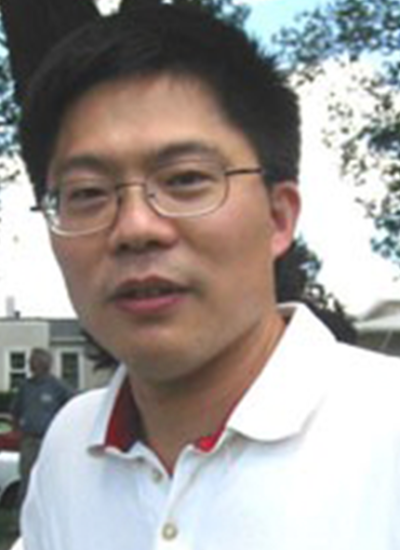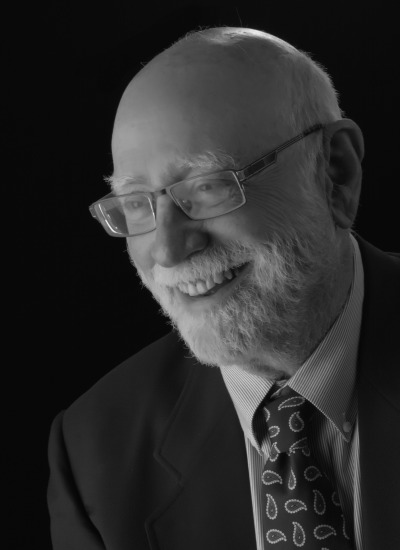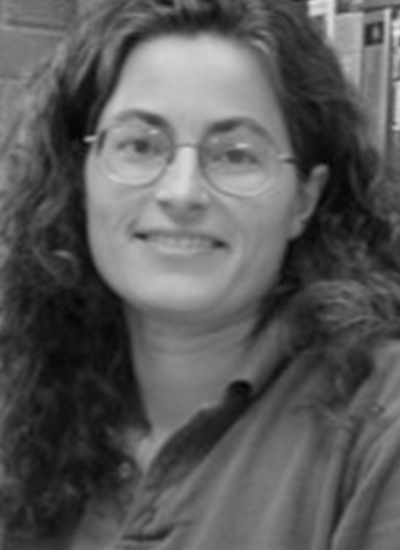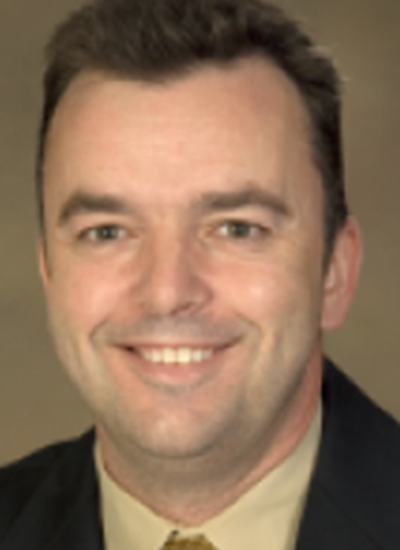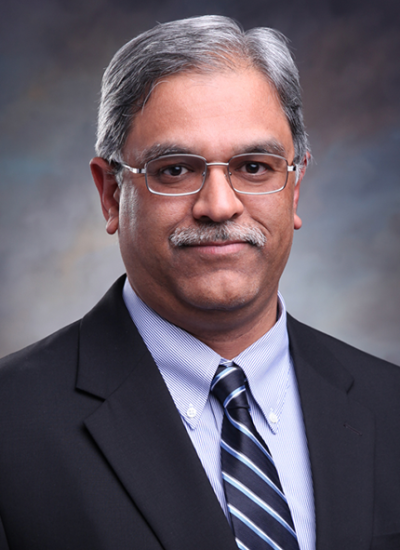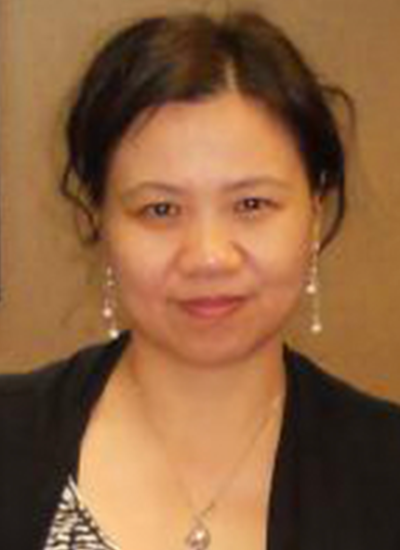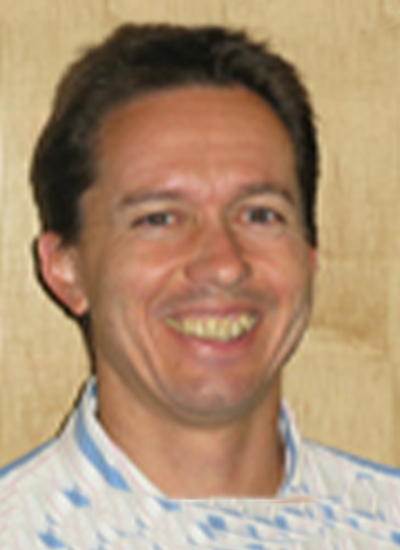Drug discovery
Gerald M Maggiora
Research Interest
Josef Vagner
Research Interest
Katrina M Miranda
Work Summary
We seek to produce new drugs that harness molecules produced during the natural immune response in order to treat cancer and pain. Such compounds may also provide new treatments for heart failure and alcoholism.
Research Interest
Christopher Hulme
Work Summary
The Hulme group is focused on small molecule drug design and developing enabling chemical methodologies to expedite the drug discovery process. The development of small molecule inhibitors of kinases is of particular interest.
Research Interest
Leslie Gunatilaka
Work Summary
Discovery of natural products from plants and their associated microorganisms as potential drugs to treat cancer. Application of medicinal chemistry approach for structure-activity relationship studies and to obtain compounds for preclinical evaluation. Development of alternative agricultural systems for sustainable utilization of natural resources.
Research Interest
Vijay Gokhale
Work Summary
Vijay Gokhale's work includes the use of medicinal chemistry in the development of small molecule therapeutics for neuropathic pain, idiopathic pulmonary fibrosis (IPF), and acute lung injury and cancer.
Research Interest
Minying Cai
Work Summary
Peptides and proteins play a vital role in almost every cellular process in living organisms. Our research discovers and determines structural information on peptides and proteins to design drugs to more effectively treat human disease.
Research Interest
Dean Billheimer
Work Summary
My research develops new clinical trial and experimental study designs to allow 'learning from data' more efficiently. My research also develops new analysis methods to understand latent structure in data. This allows better understanding of disease processes, better targeting of existing treatments, and development of more effective new treatments. Finally, I am developing new statistical methods based on prediction of future events.


